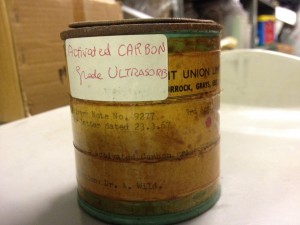Returning to a popular (and important!) theme I wanted to share this article by Stephen J. Aguilar (doctoral candidate in education and psychology at the University of Michigan) on the Imposter Syndrome. Stephen highlights that:
- It’s O.K. to be slow and clumsy at first
- Anxiety comes with the territory
- We are Novice Experts
Some tips to avoid feeling like an imposter include:
- Build multiple relationships within your community
- Avoid idolizing your mentors and advisers
- Go to conferences — both your field’s flagship conference and a few niche ones
- Celebrate your accomplishments, but avoid the dreaded humble brag
- Don’t fear peer review — embrace it
Read the full article to find out more…..












